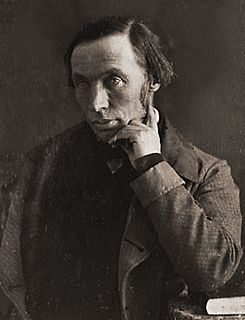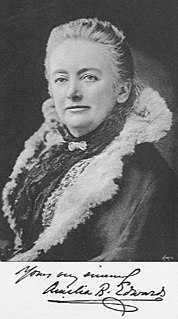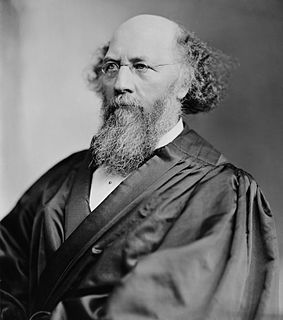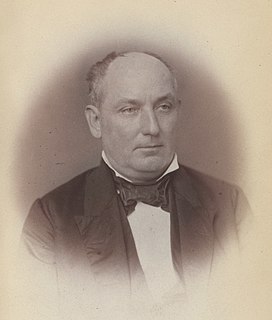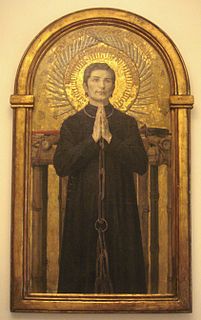A Quote by Fanny Kemble
[On John Brown:] The poor wretch is hanged, but from his grave a root of bitterness will spring, the fruit of which at no distant day may be disunion and civil war.
Related Quotes
One of the songs that stayed in my head that I really considered a lot was an old folk song called 'John Brown' - not the abolitionist John Brown, but the one that Bob Dylan has covered and sung before. It's about a boy coming home from the Civil War, or maybe World War I even, and about his Mother seeing him all destroyed.
Disunion and civil war are at hand; and yet I fear disunion and war less than compromise. We can recover from them. The free States alone, if we must go on alone, will make a glorious nation. Twenty millions in the temperate zone, stretching from the Atlantic to the Pacific, full of vigor, industry, inventive genius, educated, and moral; increasing by immigration rapidly, and, above all, free--all free--will form a confederacy of twenty States scarcely inferior in real power to the unfortunate Union of thirty-three States which we had on the first of November.
The rich man, when contributing to a permanent plan for the education of the poor, ought to reflect that he is providing for that of his own descendants; and the poor man who concurs in a provision for those who are not poor that at no distant day it may be enjoyed by descendants from himself. It does not require a long life to witness these vicissitudes of fortune.
The moment this House undertakes to legislate upon this subject slavery, it dissolves the Union. Should it be my fortune to have a seat upon this floor, I will abandon it the instant the first decisive step is taken looking towards legislation of this subject. I will go home to preach, and if I can, practice, disunion, and civil war, if needs be. A revolution must ensue, and this republic sink in blood.
A slight sabre-cut will separate my head from my body, like the spring flower which the Master of the garden gathers for His pleasure. We are all flowers planted on this earth, which God plucks in His own good time: some a little sooner, some a little later. Father and son may we meet in Paradise. I, poor little moth, go first. Adieu.
I have said this to explain the stanza that follows, in which the soul replies to those who call in question its holy tranquillity, who will have it wholly occupied with outward duties, that its light may shine before the world: these persons have no conception of the fibres and the unseen root whence the sap is drawn, and which nourish the fruit.



